detail profile keiji sada
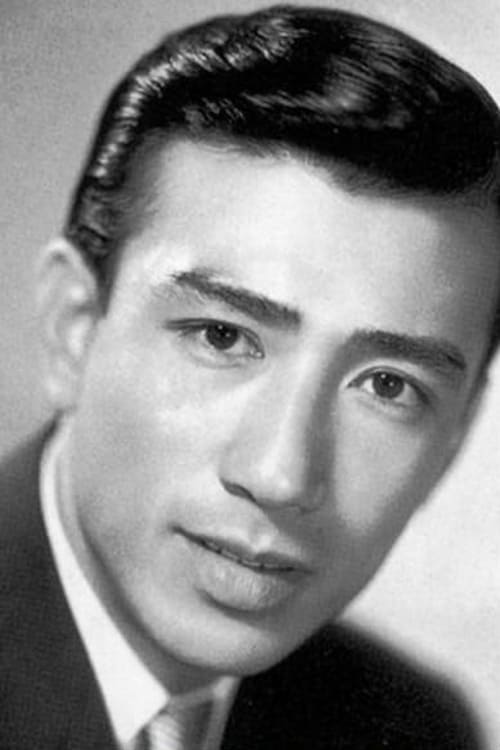
Keiji Sada
Кэйдзи Сада
atau dikenal sebagai
Riwayat Hidup
From Wikipedia, the free encyclopedia
Keiji Sada was a Japanese actor.
He won the award for best actor at the 7th Blue Ribbon Awards for Anata kaimasu and Taifū sōdōki.
He was the father of the actor Kiichi Nakai.
He is primarily known for starring in Ozu films especially in the 1950s most famously Good morning (1959) he also was a supporting actor in 2 of the human condition films of which there were 3 in total, he died at the age of 37 in 1964.
Info Pribadi
Peran Yang Di Mainkan Keiji Sada
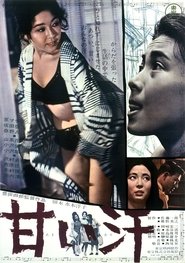 This film by Toyoda depicts the...
This film by Toyoda depicts the...Sweet Sweat 1964
This film by Toyoda depicts the hard life of an unmarried mother in Tokyo. Umeko (Machiko Kyo), at 36, is working in a bar, struggling valiantly to keep her family together. Her 17-year-old daughter Takeko becomes increasingly upset by her mother's constant drinking and yakuza boyfriend, and runs away from home. Kyo's performance was highly praised.
 Assassination begins with the events of 1853...
Assassination begins with the events of 1853...Assassination 1964
Assassination begins with the events of 1853 when "four black ships" anchored at Edo Bay, sparking civil unrest and the major political manoeuvring that saw the end of the Tokugawa Shogunate. At a time when assassination had become a disturbing political tool, Shinoda's film follows Hachiro Kiyokawa, an ambitious, masterless samurai whose allegiances drift dangerously between the Shogunate and the Emperor.
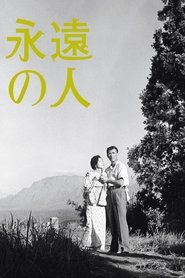 A young woman is forced by...
A young woman is forced by...Immortal Love 1961
A young woman is forced by circumstance into a loveless marriage while still in love with another. This episodic tale follows their story through three decades of bitter conflict which engulfs their children and those around them.
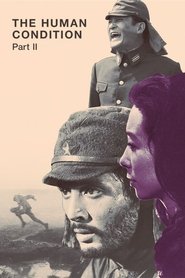 Kaji is sent to the Japanese...
Kaji is sent to the Japanese...The Human Condition II: Road to Eternity 1959
Kaji is sent to the Japanese army labeled Red and is mistreated by the vets. Along his assignment, Kaji witnesses cruelties in the army and revolts against the abusive treatment against the recruit Obara. He also sees his friend Shinjô Ittôhei defecting to the Russian border, and he ends in the front to fight a lost battle against the Russian tanks division.
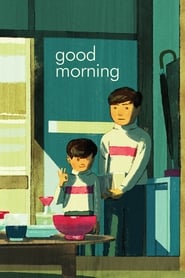 A lighthearted take on director Yasujiro...
A lighthearted take on director Yasujiro...Good Morning 1959
A lighthearted take on director Yasujiro Ozu’s perennial theme of the challenges of intergenerational relationships, Good Morning tells the story of two young boys who stop speaking in protest after their parents refuse to buy a television set. Ozu weaves a wealth of subtle gags through a family portrait as rich as those of his dramatic films, mocking the foibles of the adult world through the eyes of his child protagonists. Shot in stunning color and set in a suburb of Tokyo where housewives gossip about the neighbors’ new washing machine and unemployed husbands look for work as door-to-door salesmen, this charming comedy refashions Ozu’s own silent classic I Was Born, But . . . to gently satirize consumerism in postwar Japan.
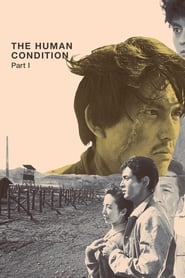 After handing in a report on...
After handing in a report on...The Human Condition I: No Greater Love 1959
After handing in a report on the treatment of Chinese colonial labor, Kaji is offered the post of labor chief at a large mining operation in Manchuria, which also grants him exemption from military service. He accepts, and moves to Manchuria with his newly-wed wife Michiko, but when he tries to put his ideas of more humane treatment into practice, he finds himself at odds with scheming officials, cruel foremen, and the military police.
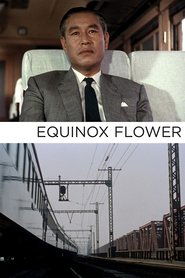 Wataru Hirayamas outwardly liberal views on...
Wataru Hirayamas outwardly liberal views on...Equinox Flower 1958
Wataru Hirayama's outwardly liberal views on marriage are severely tested when his daughter declares that she is in love with a musician and is adamant to live life her own way, instead of agreeing to an arranged marriage. Outwitted by his female relatives, Hirayama stubbornly refuses to admit defeat.
 Masaki Kobayashi directs this romantic drama...
Masaki Kobayashi directs this romantic drama...Beautiful Days 1955
Masaki Kobayashi directs this romantic drama concerning a family of florists.
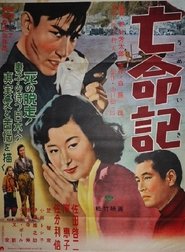 A Chinese medical student named Gan...
A Chinese medical student named Gan...The Refugee 1955
A Chinese medical student named Gan Shosho finds himself cut off from his homeland as he is studying in Japan during the outbreak of the war. Despite his difficult circumstances, he finds love in the form of Sachiko and the two marry. They later travel to Nanjing to live a new life together where Sachiko and Shaochang cooperate with the Japanese-backed government. Their ultimate hope is to secure peace but their idealism is not enough to keep them together through brutal times and with the end of the war the two find themselves facing a divorce... --Osaka Asian Film Festival
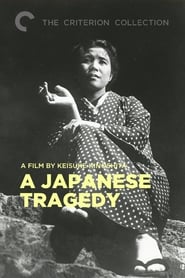 At the close of the war...
At the close of the war...A Japanese Tragedy 1953
At the close of the war in Japan, a widowed mother makes every possible sacrifice to bring up her ungrateful son and daughter who are unimpressed with their poor standard of living at home. They gradually reject her in search of the material comforts that working as a maid cannot provide. The mother's despair becomes interminable.
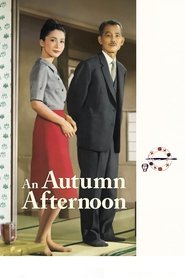 Shuhei Hirayama is a widower with...
Shuhei Hirayama is a widower with...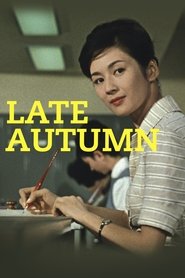 A woman and her daughter are...
A woman and her daughter are...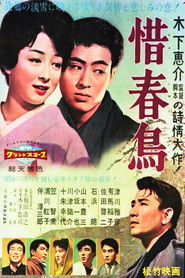 Five longtime friends get back together...
Five longtime friends get back together...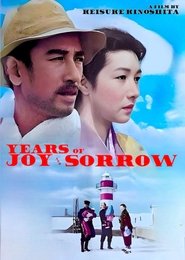 The story of the trials and...
The story of the trials and... A talent scout moves sharply deadset...
A talent scout moves sharply deadset...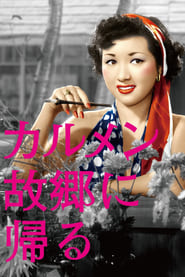 A rural village elder plans an...
A rural village elder plans an...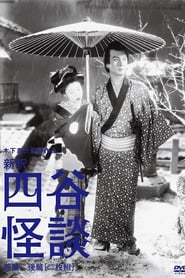 Iemon Tamiya is an impoverished masterless...
Iemon Tamiya is an impoverished masterless...